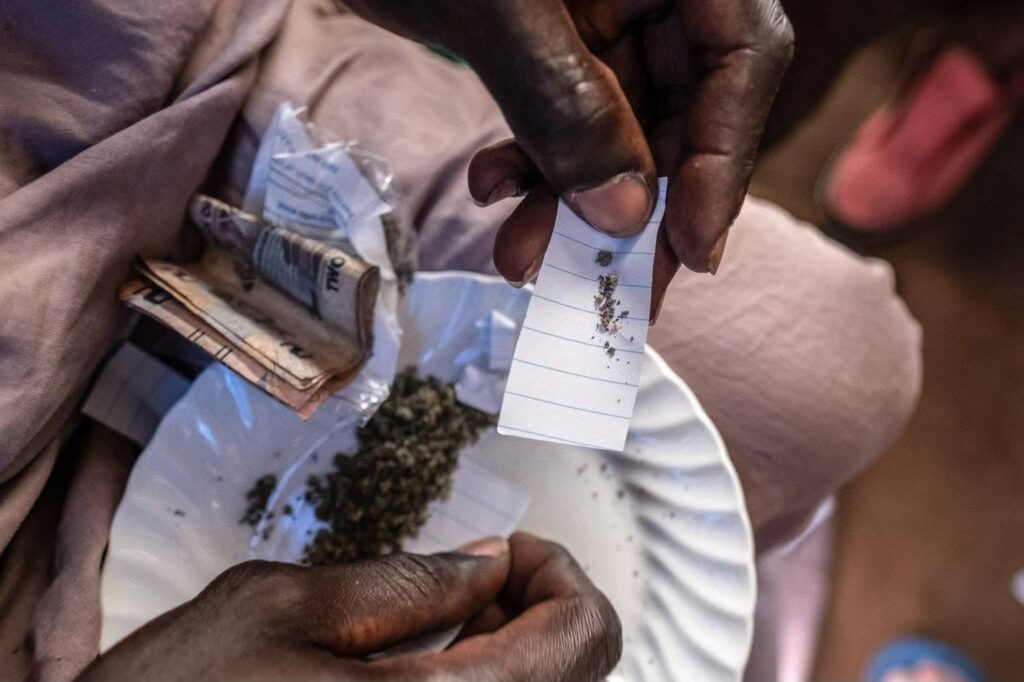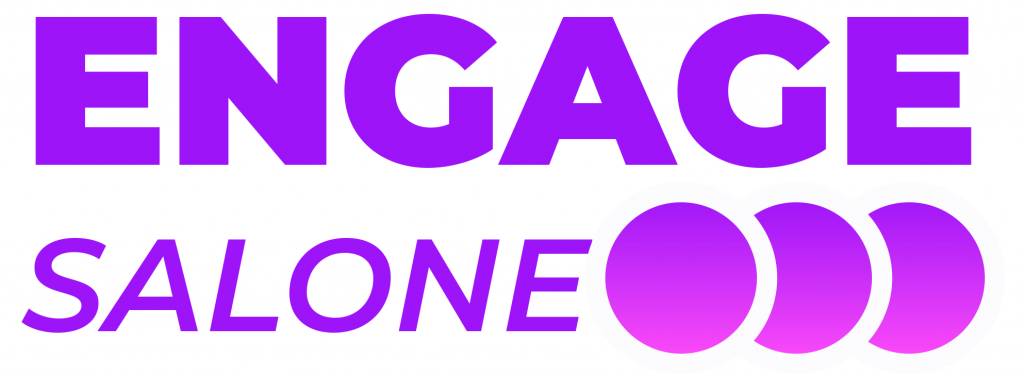“We must not politicise Kush!” “We must join hands in the fight!”
You must have heard that a lot recently, as pressure continues to mount on the government to deal with the crisis the nation is grappling with. But who, exactly, is politicising Kush?
It’s not the public, who are genuinely concerned about the epidemic and are calling on the government to act. It’s not the media, who continue to do their job by sounding the alarm and asking the right questions. It’s not the local activists, who are working deep in communities—helping young people and showing the world what is happening. We’ll tell you who is politicising—not only the Kush epidemic, but the wider drug problem, from trafficking to harbouring known criminals and enabling addiction. It’s the government officials.
Ministers and other high-ranking state officials, who seem to lack a sense of responsibility and empathy, are quick to become defensive when questioned about the state’s response to our drug problem. We’ve seen videos of Chief Minister David Sengeh, not only downplaying the extent of the problem but also claiming that the outcry is opposition-sponsored disinformation. We all know Dr. Sengeh’s love for tech and data, but suggesting—without evidence—that the public outrage is driven by bots was insensitive and, frankly, foolish. That is the kind of politicisation we should be concerned about.
Other officials have made similar comments that either fail to acknowledge the scale of the problem or reveal a startling lack of awareness, leadership, and empathy. The former Secretary-General of the ruling Sierra Leone People’s Party (SLPP) and current deputy minister of mines, Umaru Napoleon Koroma, suggested on social media that part of the solution is to “speak to the youth not to take Kush.” He goes on to divide the responsibility among everyone else but the government—the very institution expected to lead the response. “This is not political,” he asserts.
When a government or party official makes public statements that fail to acknowledge their own responsibility and offer no concrete solutions, it exposes not only a lack of understanding but a lack of political will and commitment. So, who is politicising Kush?
Recently, the Mayor of Freetown was issued a query from the Ministry of Local Government demanding evidence to prove that the 200 bodies picked up from the streets were Kush-related deaths. At a time when citizens are outraged by the lack of robust action and leadership, government officials appear more concerned with protecting the image of their party than saving the nation from the scourge of addiction—and from the scandals involving high-ranking officials and a convicted drug criminal reportedly living freely in Sierra Leone.
These are the same politicians who complain about politicisation while gaslighting citizens who continue to bury their loved ones—if they are even lucky enough to find their bodies. The truth is, the scale of this problem is political. Every national crisis carries political implications. Instead of deflecting blame or attacking critics, government leaders should be explaining how they intend to lead the country out of this disaster.
In fairness, one official deserves mention. The Minister of Information, Chernoh Bah, has acknowledged that enough has not been done to tackle the drug problem. As a parent with firsthand experience of the crisis, his comments have been far more sensible and empathetic. We can debate his claims about the government’s efforts, but at least he recognises the shortcomings as a parent and citizen first, and then as an official.
At this point, it would be wise for the government to adopt a coordinated communication and engagement strategy on this matter. Forget the embarrassment caused by the comments of the Chief Minister, the former party secretary, or the State House communications director, who was completely out of his depth in defending the government on the Kush epidemic. The real issue is the disrespect shown to the people—those who have lost loved ones, those who are watching their communities fall apart, and those who cannot wait to see the end of this epidemic.
We are heartened by reports of renewed government action to tackle the Kush epidemic following the relentless public outcry on the government’s inaction. While more needs to be done and rightly so, some officials should simply stop talking. Their comments are unhelpful, insensitive, and embarrassing. They clearly don’t understand the issue yet can’t resist the urge to post uninformed opinions online in defense of their party. Let the competent, technical experts—the people actually working on solutions—speak.
Ultimately, it is the presidential leadership that will give direction, coordination, and hope to a nation desperate for answers. And those answers demand action – not an attempt at trivialising a national emergency by blaming everybody but themselves for a glaring failure of political leadership.


